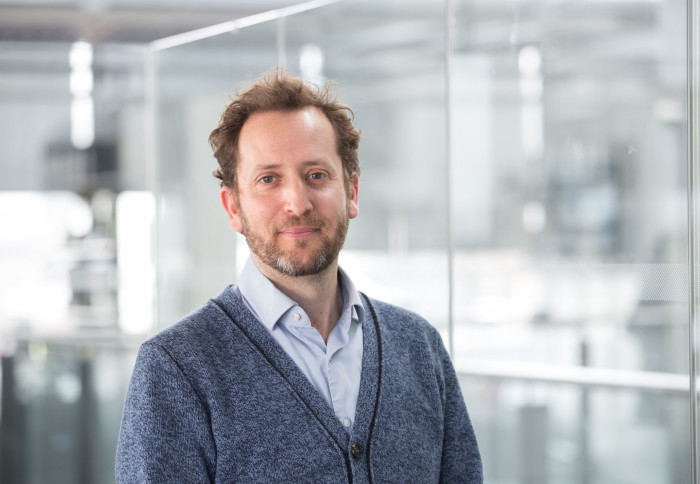The power of networks: Reflecting on 4 years as Malaria Network co-director

After 4 years Prof Jake Baum is stepping down as co-director of the Imperial College Network of Excellence in Malaria. He reflects on its achievements
The power of interdisciplinary (or trans-disciplinary) science is quickly realised when we form strong networks and vibrant research communities
When I arrived at Imperial College in 2013 a colleague said to me, “The best thing and the worst thing about Imperial is it’s a free-for-all!”. What they were implying was that there is a culture of academic freedom, people pursuing the best and most innovative ideas, but there’s also been a tendency for people to do their own thing and be unaware of what others are doing.
As I began to look through the college's website, it became clear that in my own area of research on malaria there were literally hundreds of people all exploring the global disease from wildly different angles: epidemiology, drugs, mathematical modelling, cell biology, host immunity, field diagnostics, clinical disease, and a lot more.
With countless seminars and meetings to potentially attend it didn’t take long to meet some of these people, and in particular to cross paths with passionate malaria researchers like Aubrey. Together we discussed the strengths of the combined interests in malaria across College and decided that there would be massive gains if these diverse people, some who knew each other well (collaborating for many years), others not knowing each other at all, could be brought together into a community.
So, in October 2016 we arranged for a retreat, an overnight stay in the Royal Society’s Chicheley Hall, in Buckinghamshire, to thrash out ideas with PIs from across the research spectrum of College and build a vision for a Malaria Network; a community of researchers at Imperial sharing ideas and interests in malaria science. With a clear vision, College support and wind in our sails, a year later the Imperial College Network of Excellence in Malaria was launched at a College event held at Queen’s Gate.
In the intervening 3-4 years the Network has grown massively. We have hundreds of researchers signed up and have organised many events, from big symposia (co-hosted at the Crick Institute) to online seminars and workshops, early career researcher (ECR) events and guest speaker events.
We have promoted each other’s work through the website and newsletters, linked up groups that haven’t worked together before and there are already signs that funding has followed connections made through the network. As the vision shifts to try and support ECRs even more, nurturing a grass-roots malaria community from the postgrad student and beyond, it’s clear the Malaria Network has a lot more to give in the coming years.
The power of interdisciplinary (or trans-disciplinary) science is quickly realised when we form strong networks and vibrant research communities, and although I am sad to step down from helping to steer the Malaria Network, I am doing so in order to bring that same concept to the much larger challenge of building a community around infection science at Imperial, with the birth of the Institute of Infection.
I’d like to thank everyone who’s been involved in the network, from attending events and helping to organise them, to being involved in the steering committee. I’d like to give a massive thank you to Aubrey for the unflinching enthusiasm, dedication and energy he’s shown towards the network (and malaria research in general), it’s been an amazing experience working on this together as co-Directors, and I couldn’t have asked for a better partner in crime to work on this with. I’d like to give a massive thank you to Christo for continuing to manage network communications on top of the myriad other roles you do.
And finally I’d like to welcome Ellie. Together with Aubrey staying on as co-Director, I am sure the Network will continue to flourish with new energy and new ideas for the future.
Article text (excluding photos or graphics) © Imperial College London.
Photos and graphics subject to third party copyright used with permission or © Imperial College London.
Reporter
Professor Jake Baum
Department of Life Sciences